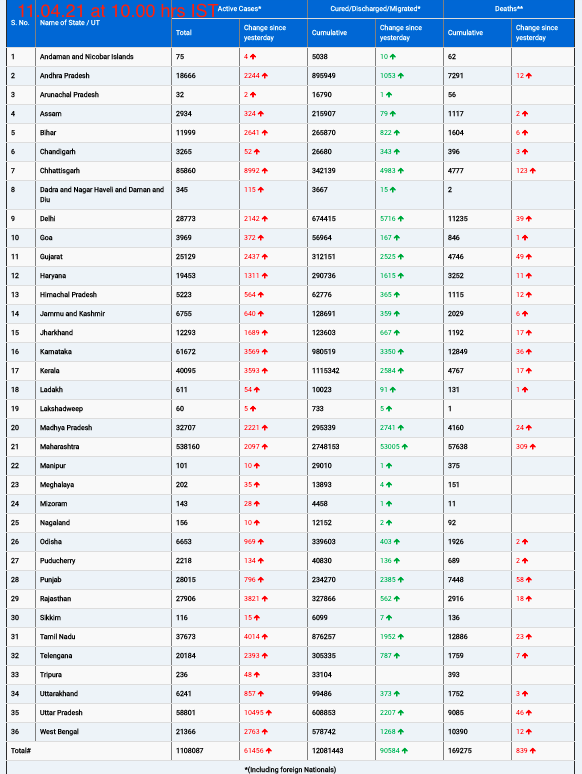January 22, 2025 – San Francisco, CA – A groundbreaking study from the University of California, San Francisco (UCSF) has revealed a fascinating link between the maternal X chromosome and brain aging. According to new research published in Nature, brain cells that exclusively rely on the maternal X chromosome experience accelerated memory decline and cognitive impairment over time.
Unraveling the X Chromosome Puzzle
Women inherit two X chromosomes—one from each parent—while men inherit only one, exclusively from their mother. However, in every cell, only one X chromosome remains active, while the other is randomly inactivated. This means that some brain cells may rely entirely on the maternal X chromosome, while others use the paternal X chromosome.
In the new study, researchers observed that female mice with only an active maternal X chromosome exhibited more rapid cognitive decline compared to those with a mix of both maternal and paternal X chromosomes.
“These findings raise the possibility that some women who express more of their mom’s X chromosome just by pure chance may have more cognitive impairment with aging or an increased risk for diseases like Alzheimer’s,” said senior author Dena Dubal, MD, PhD, a professor of neurology at UCSF. “Understanding this process could help us develop strategies to slow brain aging in both sexes.”
The Role of the X Chromosome in Brain Health
Prior research has suggested that the X chromosome plays a crucial role in brain function. Mutations in the X chromosome are often linked to intellectual disabilities, and conditions such as Turner Syndrome—where a female has only one X chromosome—can lead to cognitive impairments. Scientists have long suspected that the X chromosome may be involved in sex-based differences in memory, cognition, and neurological disease risk.
“Given that the X chromosome is enriched for brain-related genes, it was crucial for us to explore its role in brain aging,” said Samira Abdulai-Saiku, PhD, a UCSF postdoctoral fellow and first author of the study.
To investigate this, researchers bred female mice with genetic modifications that either activated only the maternal X chromosome or allowed expression of both maternal and paternal X chromosomes. The results showed that mice with only an active maternal X chromosome experienced significantly more cognitive decline as they aged.
Maternal X Chromosome and Brain Aging
Further analysis revealed that certain genes on the maternal X chromosome were completely silenced, but not on the paternal X chromosome. The research team used CRISPR gene-editing technology to reactivate these silenced genes in aged female mice, which subsequently improved their cognitive function.
“This strongly suggests that the parental origin of an X chromosome can have a significant impact on brain health,” Abdulai-Saiku explained.
Evolutionary Implications and Future Research
While the study was not designed to determine why the maternal X chromosome accelerates brain aging, Dubal theorized that this pattern of gene silencing may provide an evolutionary advantage earlier in life. “It’s possible that this gene expression pattern benefits early brain development but comes at a cost later in life,” she suggested.
Looking ahead, the research team aims to further investigate the role of the X chromosome in aging and its potential link to neurodegenerative diseases. “If we can better understand how the X chromosome influences brain aging, we may be able to develop interventions to slow down cognitive decline,” Dubal added.
Reference and Funding
The study, The maternal X chromosome affects cognition and brain ageing in female mice, was authored by Samira Abdulai-Saiku, Shweta Gupta, Dan Wang, Francesca Marino, Arturo J. Moreno, Yu Huang, Deepak Srivastava, Barbara Panning, and Dena B. Dubal. It was published in Nature on January 22, 2025 (DOI: 10.1038/s41586-024-08457-y). The research was primarily funded by the National Institute on Aging, the American Federation for Aging Research, the Bakar Aging Research Institute, and the Simons Foundation.
Disclaimer
This article is based on a scientific study and should not be interpreted as medical advice. The findings apply specifically to animal models and may not directly translate to human biology. Individuals concerned about cognitive decline or genetic risks should consult a medical professional for personalized guidance.











